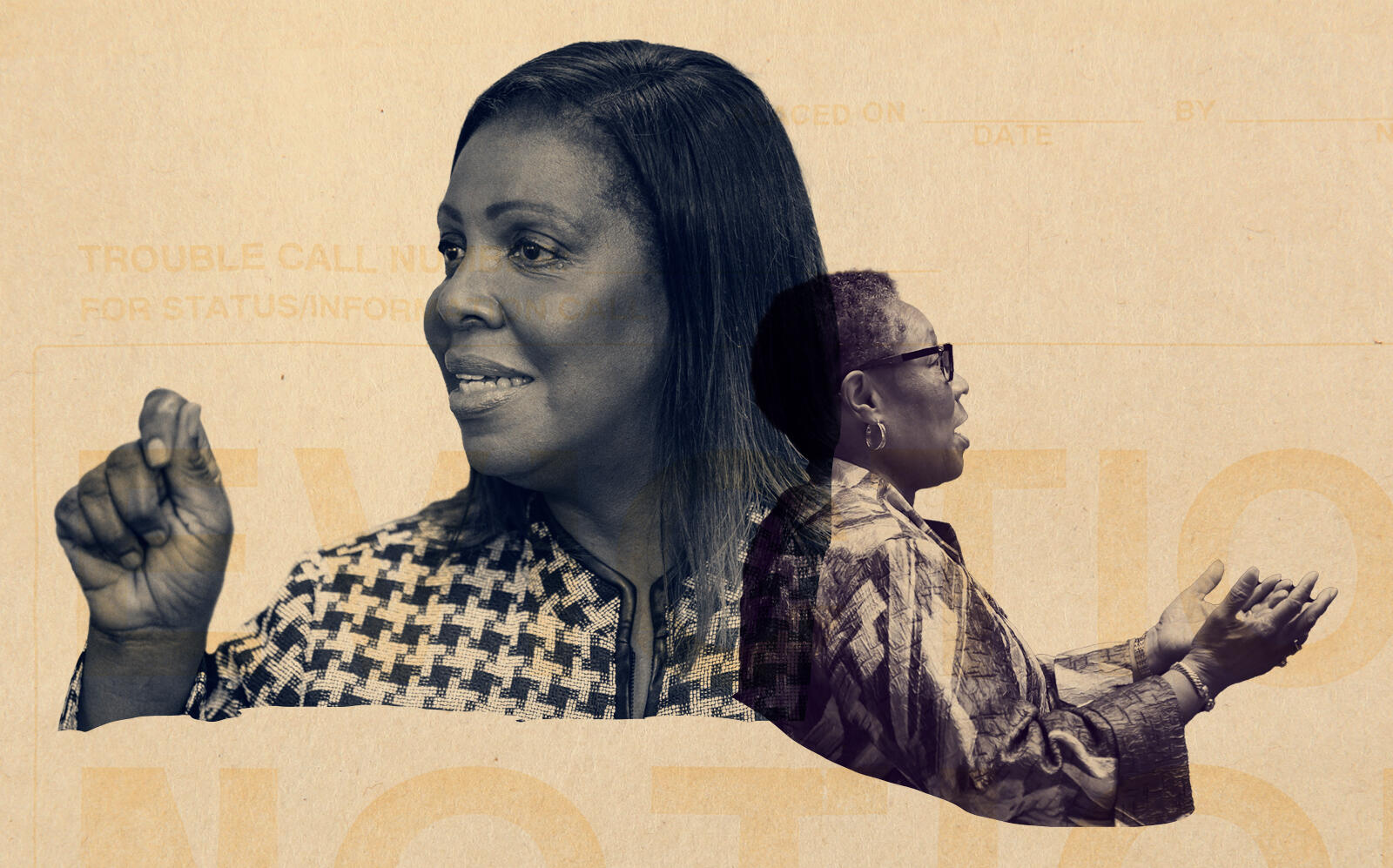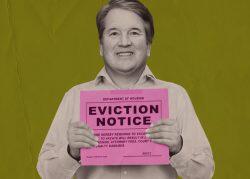 Landlords challenge state eviction ban — the sequel
Landlords challenge state eviction ban — the sequel
Trending
State attorneys general call for eviction ban on subsidized renters
Letter by CA, IL, NY officials, among others, asks HUD to stay proceedings on low-income tenants who applied for relief

Tenants in New York may have two more months of eviction protections, but most renters nationwide have been exposed since August.
Eviction filings have risen steadily since the Supreme Court tossed President Biden’s eviction ban at the end of the summer. Meanwhile, the glacial pace of rent relief had seen only 6 percent of an over $46 billion pot reach households in need by late October.
Those most at risk are low-income renters who are more likely to receive federal housing assistance through public housing authorities or voucher programs. To better protect them, the U.S. Department of Housing and Urban Development last month enacted a rule requiring federally subsidized owners to notify tenants of rent relief programs and provide 30-day eviction notices to allow them time to apply for funds.
Over a third of state attorneys general say those protections don’t go far enough.
This week, 18 of them, including New York’s Letitia James, California’s Rob Bonta and Illinois’ Kwame Raoul, called on HUD Secretary Marcia Fudge to implement a stay on evictions for subsidized renters who have filled out an emergency rental assistance application.
“Tenants in states where there are no eviction moratoriums or expiring moratoriums need the added protection,” the letter read, adding that the stay would ensure tenants had enough time to secure relief funds, preventing unnecessary evictions.
The measure would essentially be a page out of New York’s rental assistance playbook.
The state’s rental assistance program shields tenants from eviction while their application is pending approval and for up to one year after their application goes through. The provision is intended to ensure that vulnerable renters will be protected once the state’s eviction ban lapses Jan. 15.
The letter’s authors note that some states have implemented similar protections through their court systems, but not all, “leaving large and unequal gaps in nationwide protections.”
To plug those holes, the attorneys general also asked HUD to limit the judgments federally subsidized housing providers can seek in non-payment cases to recovering back rent, thereby excluding possession judgments that would turn an apartment back to its owner. The provision would last as long as the public health emergency does.
Both actions, the authors argue, will not only benefit subsidized tenants, but give housing providers the opportunity to make themselves whole while avoiding the cost of eviction proceedings — something the attorneys general paint as a win-win.
And while questions over the authority of the Centers for Disease Control to impose an eviction ban stopped up the Biden administration’s previous attempts to freeze evictions, the letter writers note that Secretary Fudge has the “broad authority” to stay proceedings until a determination of a tenant’s eligibility for aid has been finalized.
HUD did not immediately respond to a request for comment.
Read more
 Landlords challenge state eviction ban — the sequel
Landlords challenge state eviction ban — the sequel
 The rent is finally due: Supreme Court ends moratorium
The rent is finally due: Supreme Court ends moratorium




